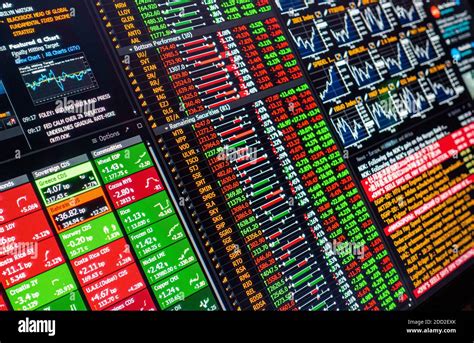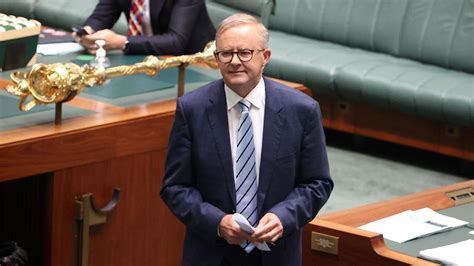Recession fears grip Wall Street as Australia’s sharemarket nosedives following global turmoil over US tariff policies. The financial world is in disarray, with investors and analysts on edge after President Donald Trump’s announcement of massive tariffs, ominously dubbed
“Liberation Day,”
sent shockwaves through international markets.
< h5 >Trump’s Power Play:< /h5 >
In a bold move, President Trump asserts that imposing tariffs will give the United States significant leverage in trade negotiations. This stance has sparked widespread concern and uncertainty among nations worldwide.
The repercussions of Trump’s tariff bombshell were swift and severe. Australia’s ASX 200 index plummeted by 137.50 points or 1.75 per cent to 7,722.20 points in early trading, shedding about $50 billion in market value. Meanwhile, on Wall Street, all three major indexes experienced their worst day since the turbulent events of 2020. The Dow Jones Industrial Average and S&P500 both tumbled by 4 and 4.8 per cent respectively, while the tech-heavy Nasdaq Composite took a staggering 6 per cent hit.
< h5 >Expert Insights:< /h5 >
IG market analyst Tony Sycamore highlighted the profound impact of Trump’s tariff policy, stating that a colossal $2.4 trillion was wiped off the value of S&P 500 companies—the most significant drop since the dark days of the Covid crisis.
The escalating trade tensions have raised concerns about a potential global recession looming on the horizon. JPMorgan revised its projections, now estimating a higher likelihood—60 per cent—of a worldwide economic downturn this year compared to the initial forecast of 40 per cent.
< h5 >Market Turmoil:< /h5 >
Capital.com senior financial market analyst Kyle Rodda described the situation as market participants viewing Trump’s tariffs as reckless economic vandalism that could inflict severe damage on global economies and trigger a US recession.
Amidst the chaos, various countries found themselves at odds with new tariff impositions from Washington D.C., intensifying trade disputes and heightening economic uncertainties across continents.
< h5 >Global Ripples:< /h5 >
Australia faced its own set of challenges as it grappled with being slapped with tariffs alongside other major trading partners like China, Japan, and EU nations. Prime Minister Anthony Albanese criticized these measures as unjust towards Australian exports.
President Trump specifically targeted Australian beef producers for preferential treatment under existing trade agreements but vowed to rectify what he deemed an unfair advantage enjoyed by Aussie farmers over their American counterparts through reciprocal tariffs.
As markets reel from uncertainty surrounding future US trade policies under President Trump’s administration, experts predict continued volatility ahead unless clarity emerges regarding possible resolutions to ongoing trade conflicts.









Leave feedback about this